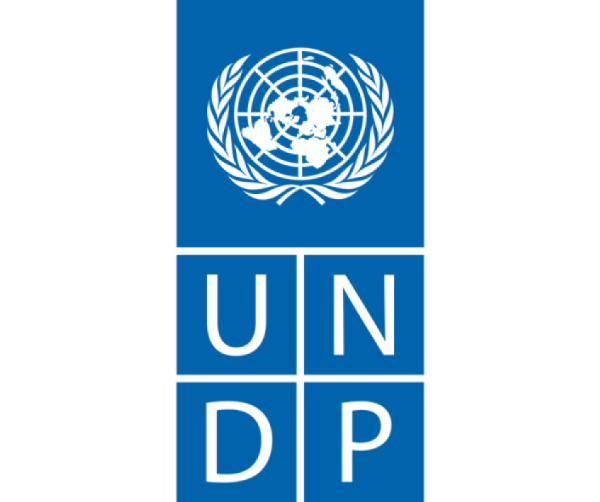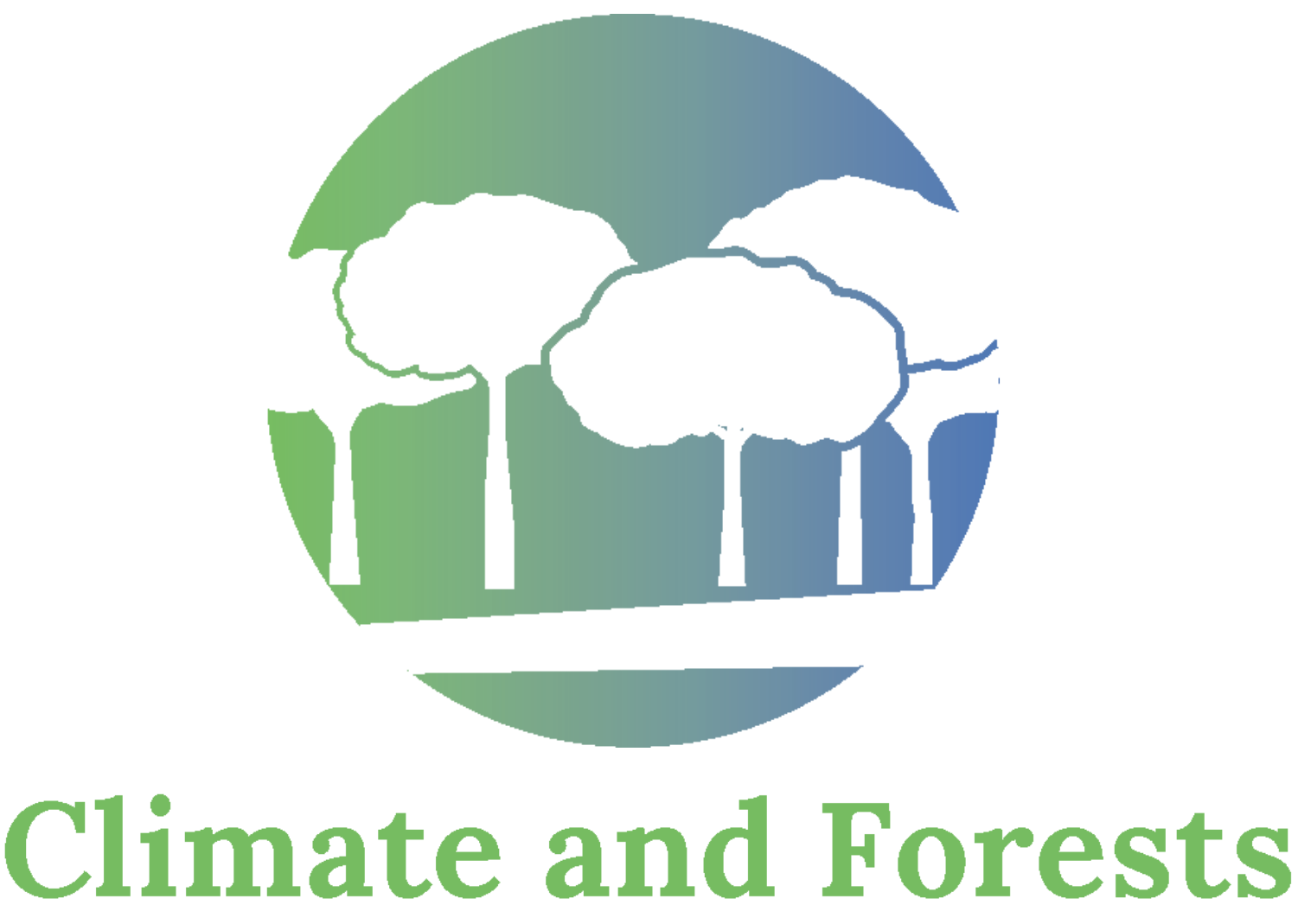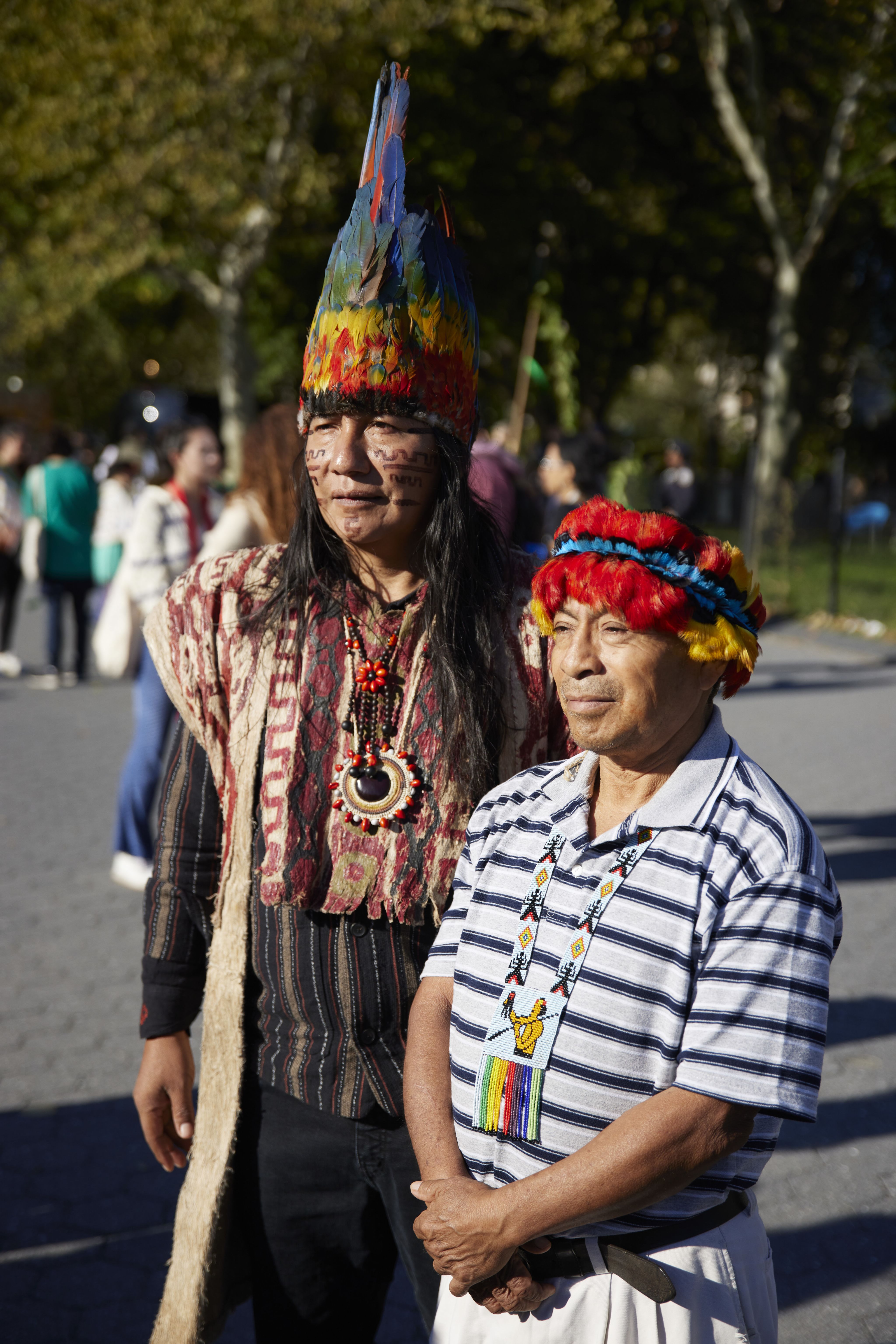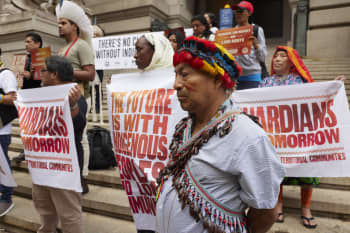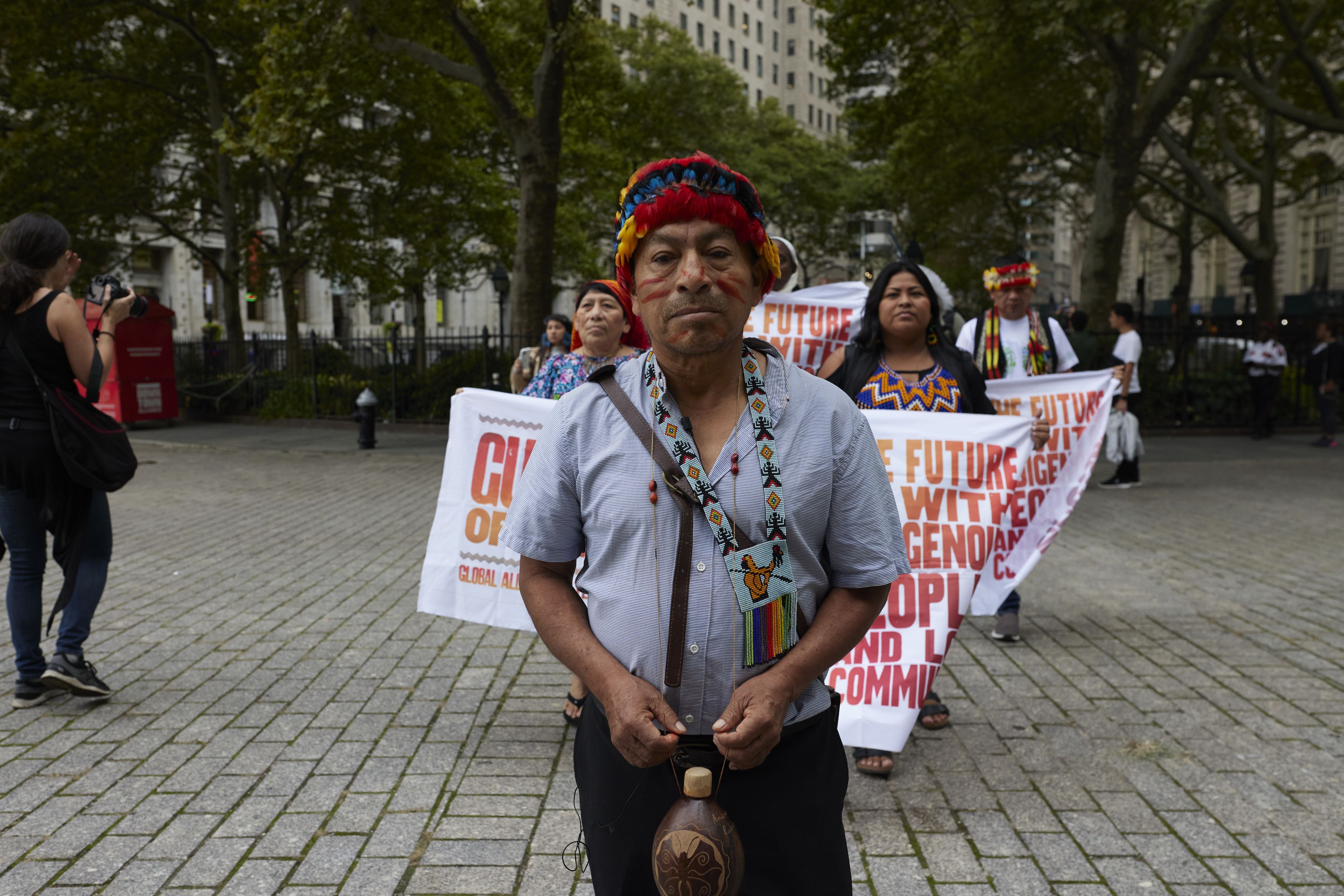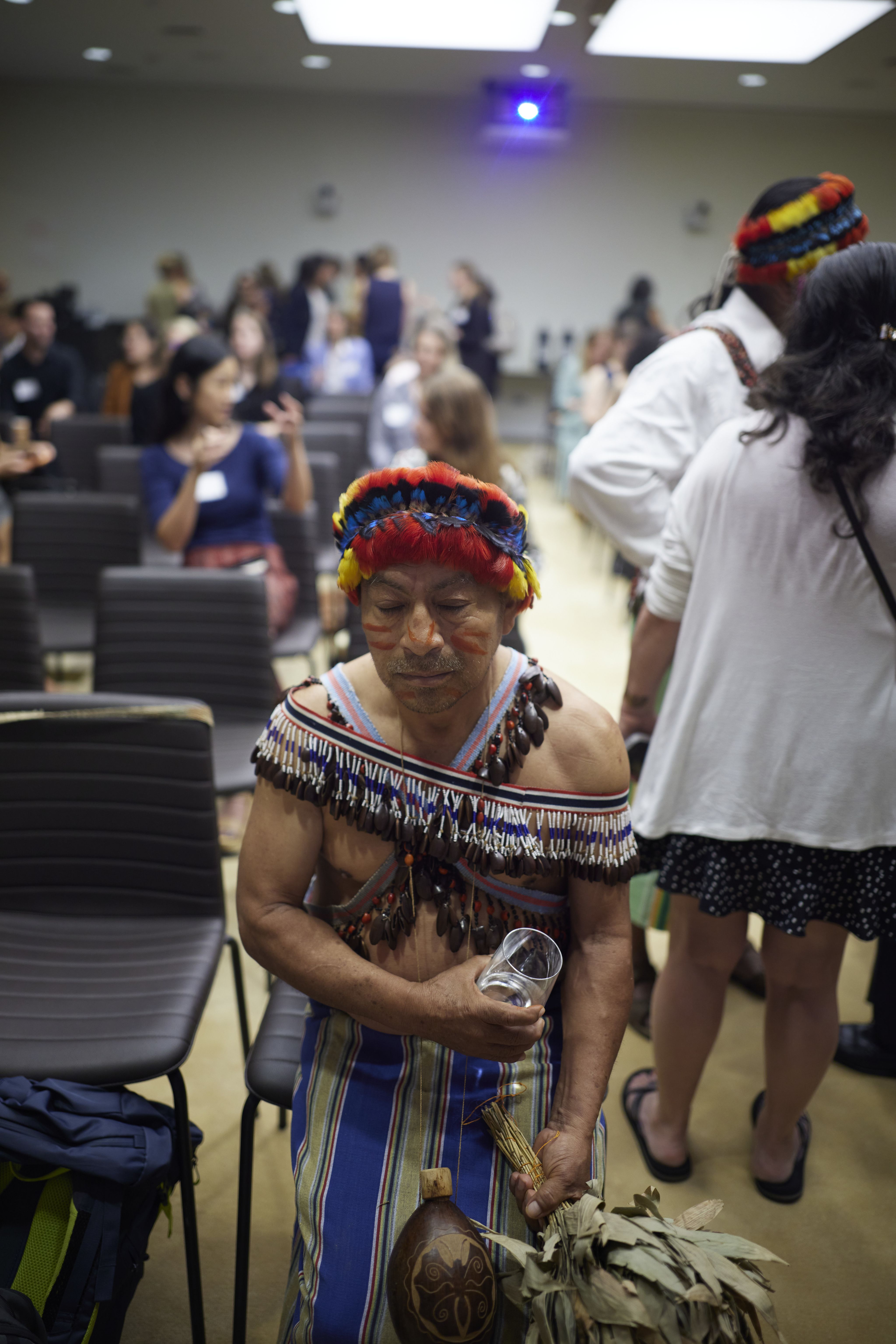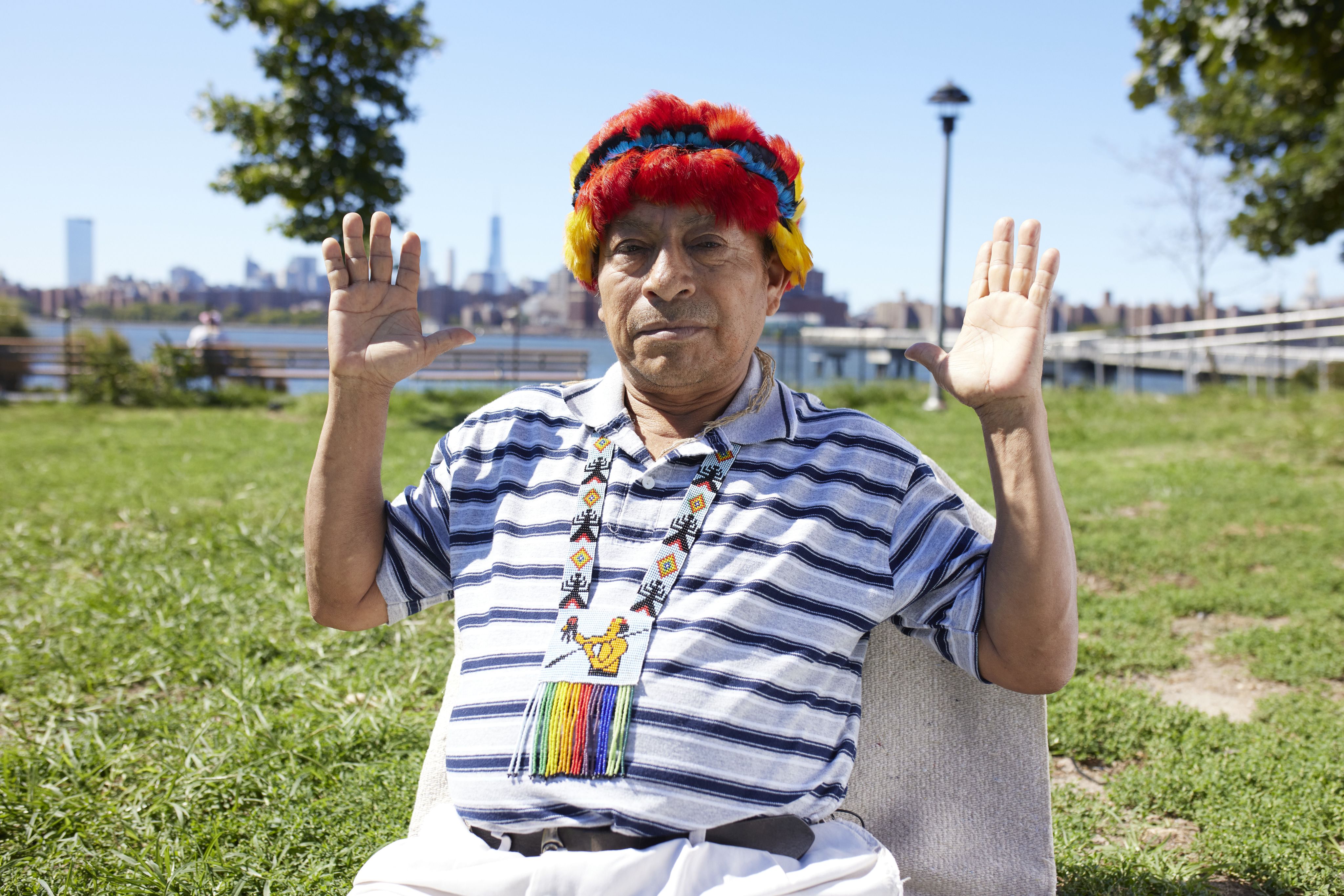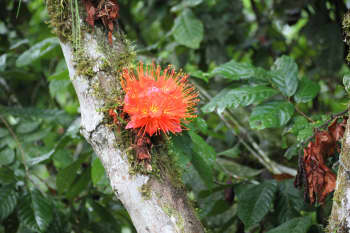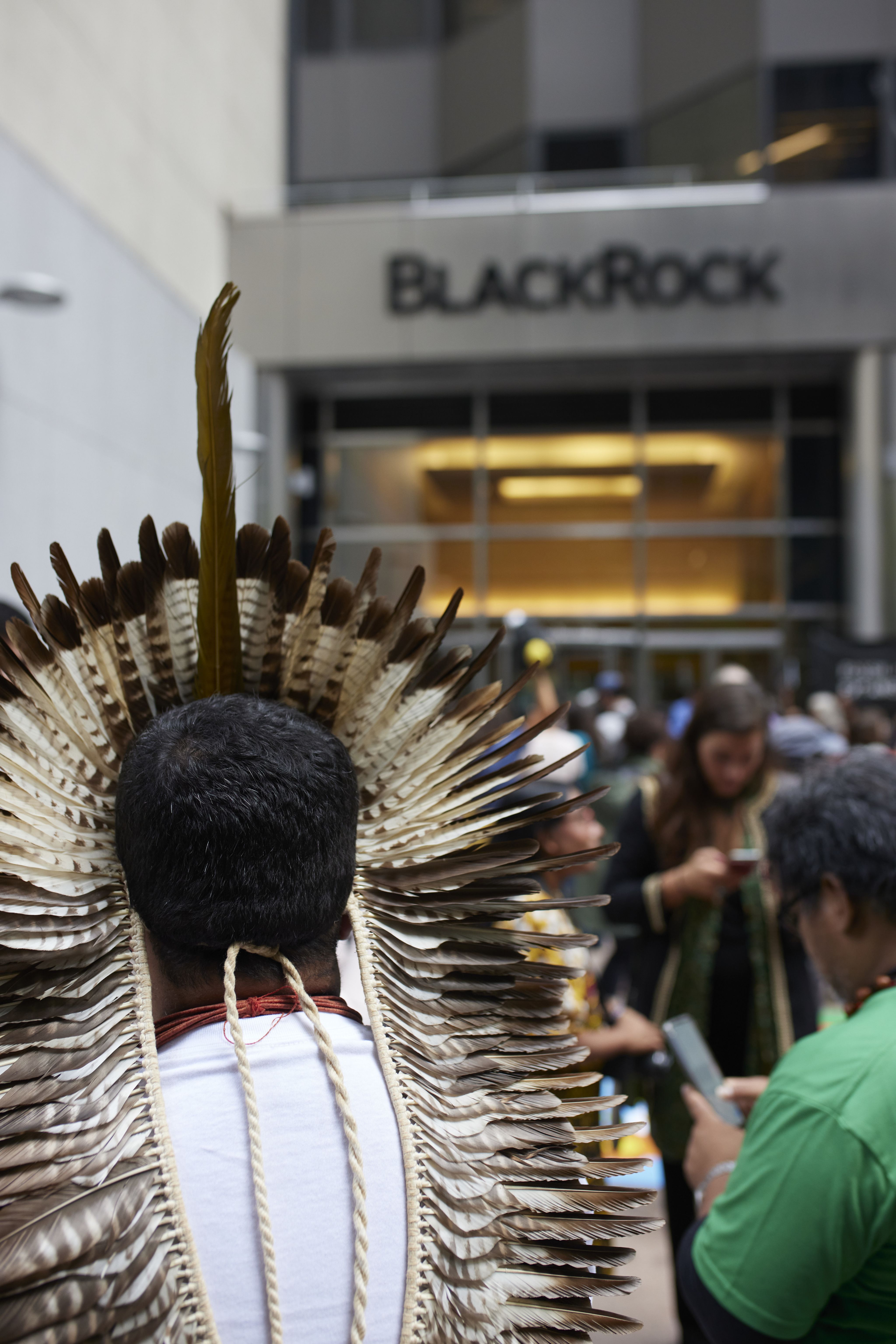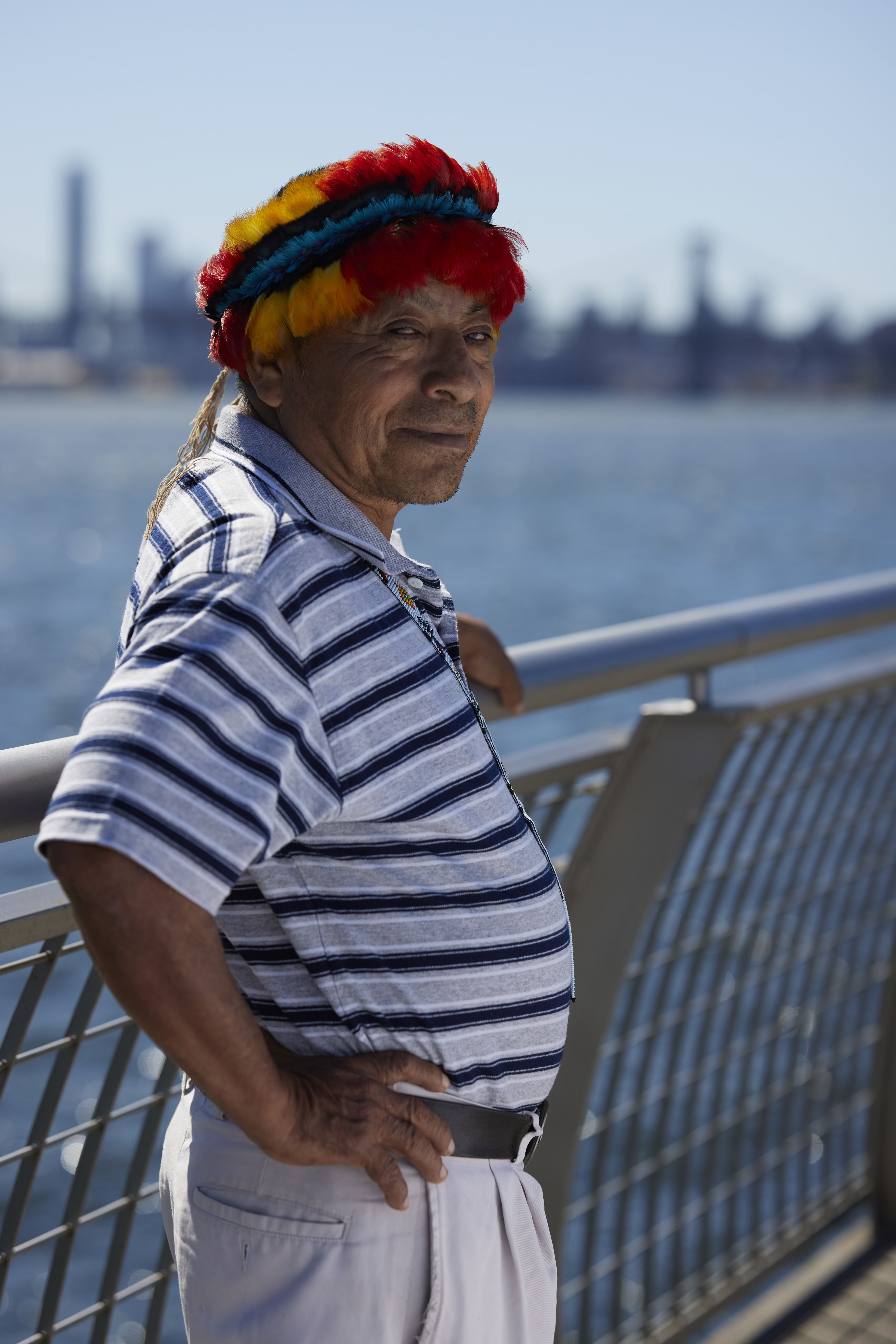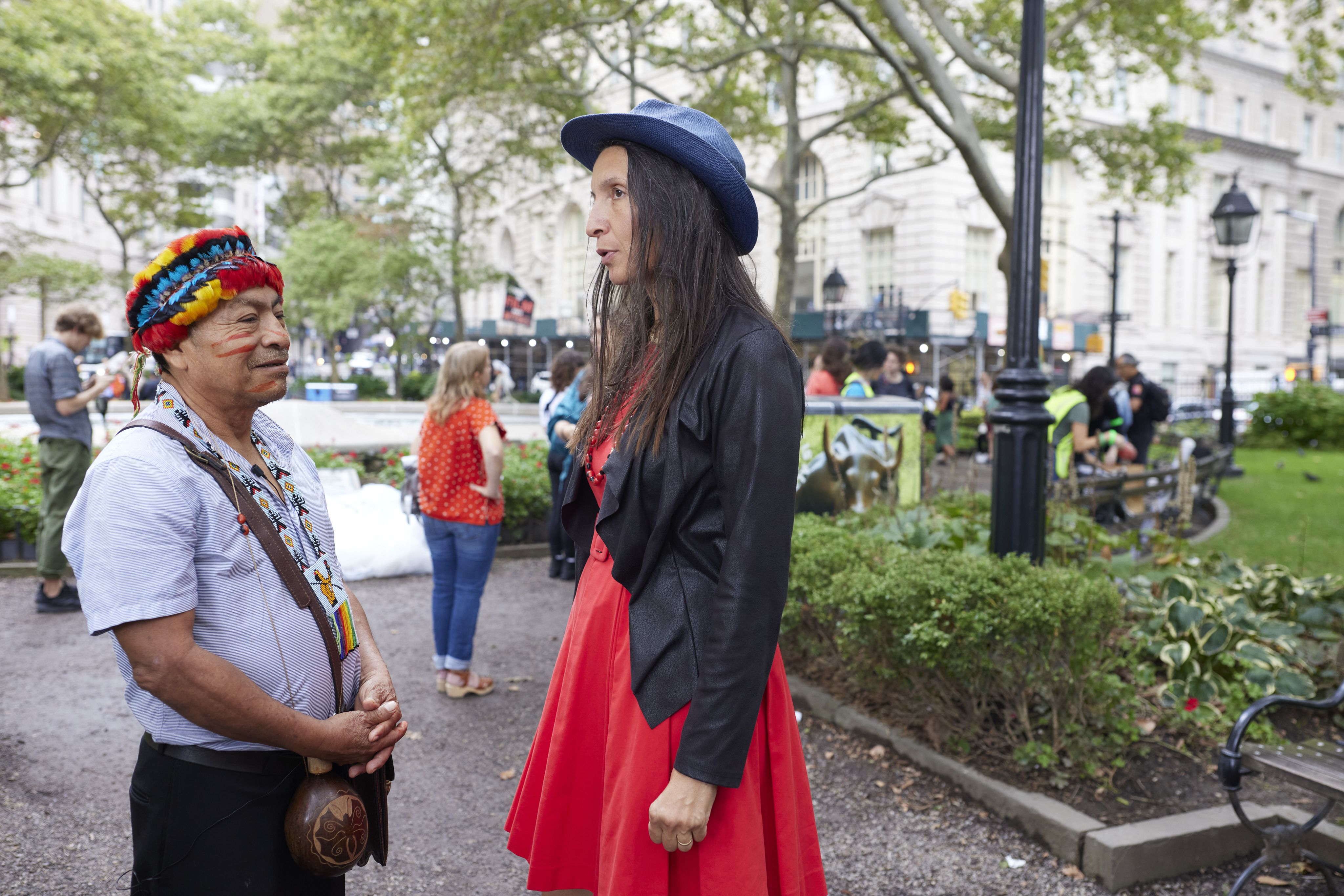Ricardo Tsakimp: A shaman's call to preserve life and nature in the face of the climate crisis
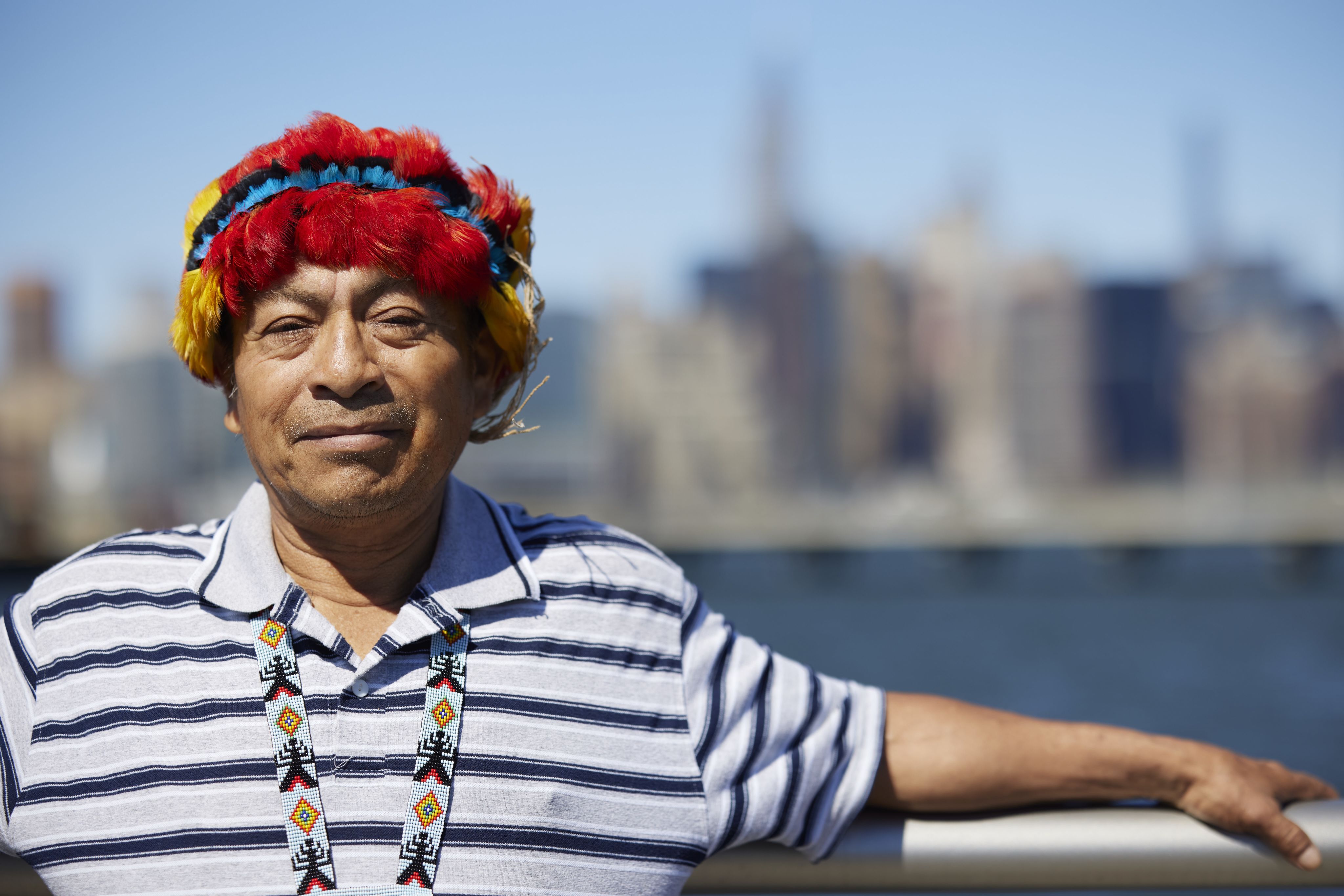
Ricardo Tsakimp is a Uwishin (Shaman) belonging to the Shuar, a prominent Indigenous group native to the Amazon rainforest regions of Ecuador and Peru in South America. As a pivotal figure within the Ecuadorian Amazon's Indigenous community, Ricardo has devoted five decades to integrating the profound legacy of traditional medical knowledge into the broader public health system of Ecuador. His unique perspective, drawn from a lifetime of spiritual experience, is an urgent appeal as we confront the imminent challenges posed by the climate crisis.
Could you share some insights into your role? What unique qualities or skills do you bring to your work in the forests?
My life's mission revolves around serving in the health field, employing ancestral techniques to offer guidance, direction, and teachings to people worldwide. I've had the privilege of traveling extensively, not only across many countries in Latin America but also venturing into Europe. I firmly believe in being born to serve rather than to destroy, as every human being, in my perspective, is born with a purpose to serve.
How is climate change affecting you and your community?
The impact is palpable for those of us living in and from the forests. For instance, 30 years ago, the conditions were vastly different. Back then, we could work all day in the sun without feeling the intense heat we experience today. Over the past three decades, I've noticed a remarkable increase of temperature, limiting our fieldwork to just two hours. Looking ahead, I fear that if the temperature rises even more, survival will become nearly impossible. This progression is a clear path towards the endangerment of mankind. The impending changes in the climate will manifest in various ways, affecting all living beings, including plants and animals. The disruption alters production cycles, leading to a potential shortage of food worldwide. Consider this: if our sustenance relies on the natural bounty of the Earth, currency and sophisticated weaponry become irrelevant. Money cannot be consumed, and weapons are useless when it comes to satisfying our basic needs. This is a critical message to the world.
Ricardo Tsakimp (right) during Climate Week in New York City, September 2022.
Ricardo Tsakimp (right) during Climate Week in New York City, September 2022.
You are suggesting that we are currently in a perilous time.
Indeed, we find ourselves in a precarious era marked by the evident manifestations of nature. Humanity has become excessively materialistic. The various possessions and structures in different cities hold no significance when we transition to another dimension. In that realm, we carry nothing – not a single dollar, not an ounce of land. Our departure mirrors our arrival. The earthly possessions remain in the earthly realm, while the spiritual transcends to the spiritual realm. The process of birth is continuous, akin to progressing through different classrooms of life. Just as we were once infants in the womb, each phase represents a distinct school of limited learning. Our existence here in this dimension is another classroom, with a duration that, although extended, remains finite.
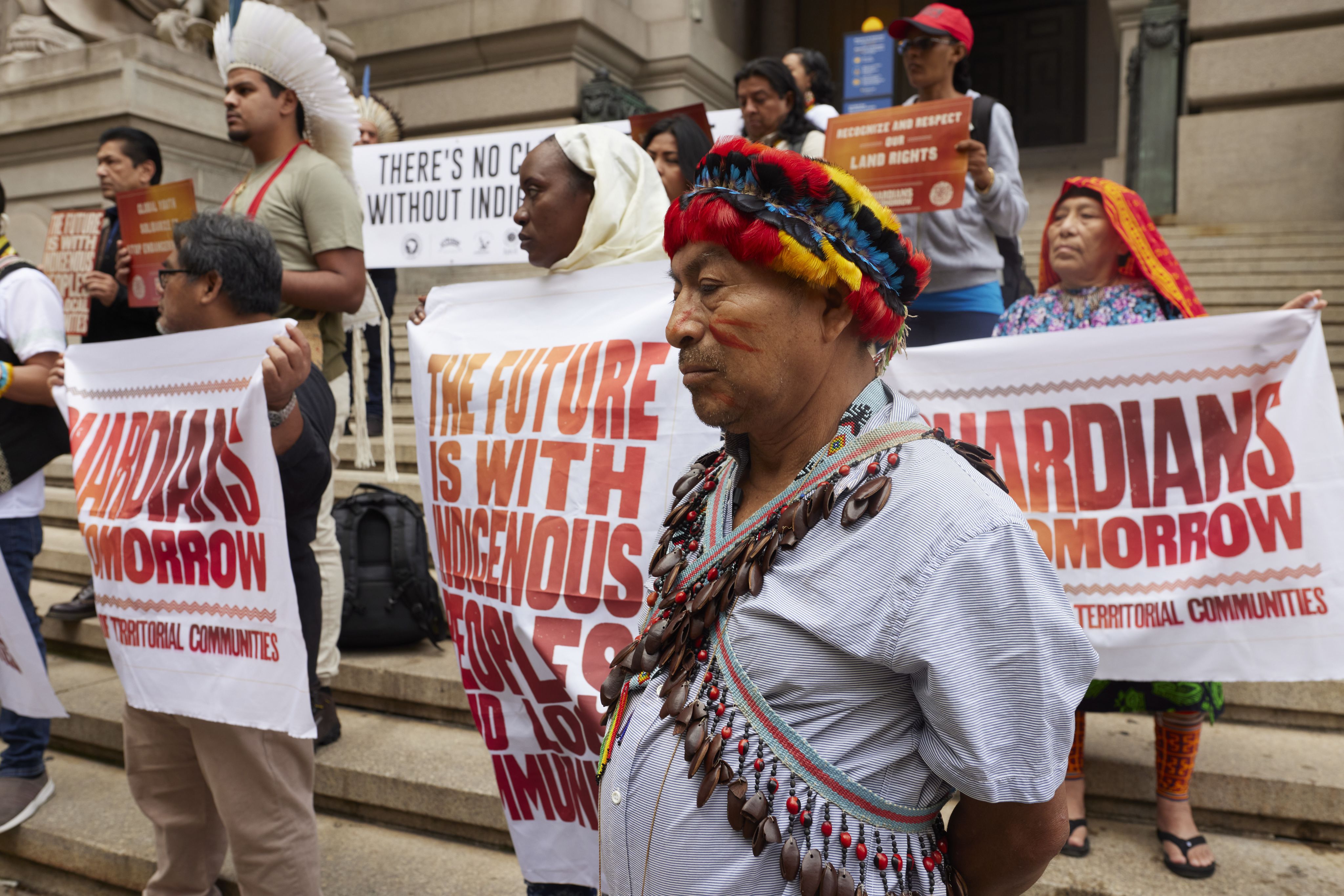
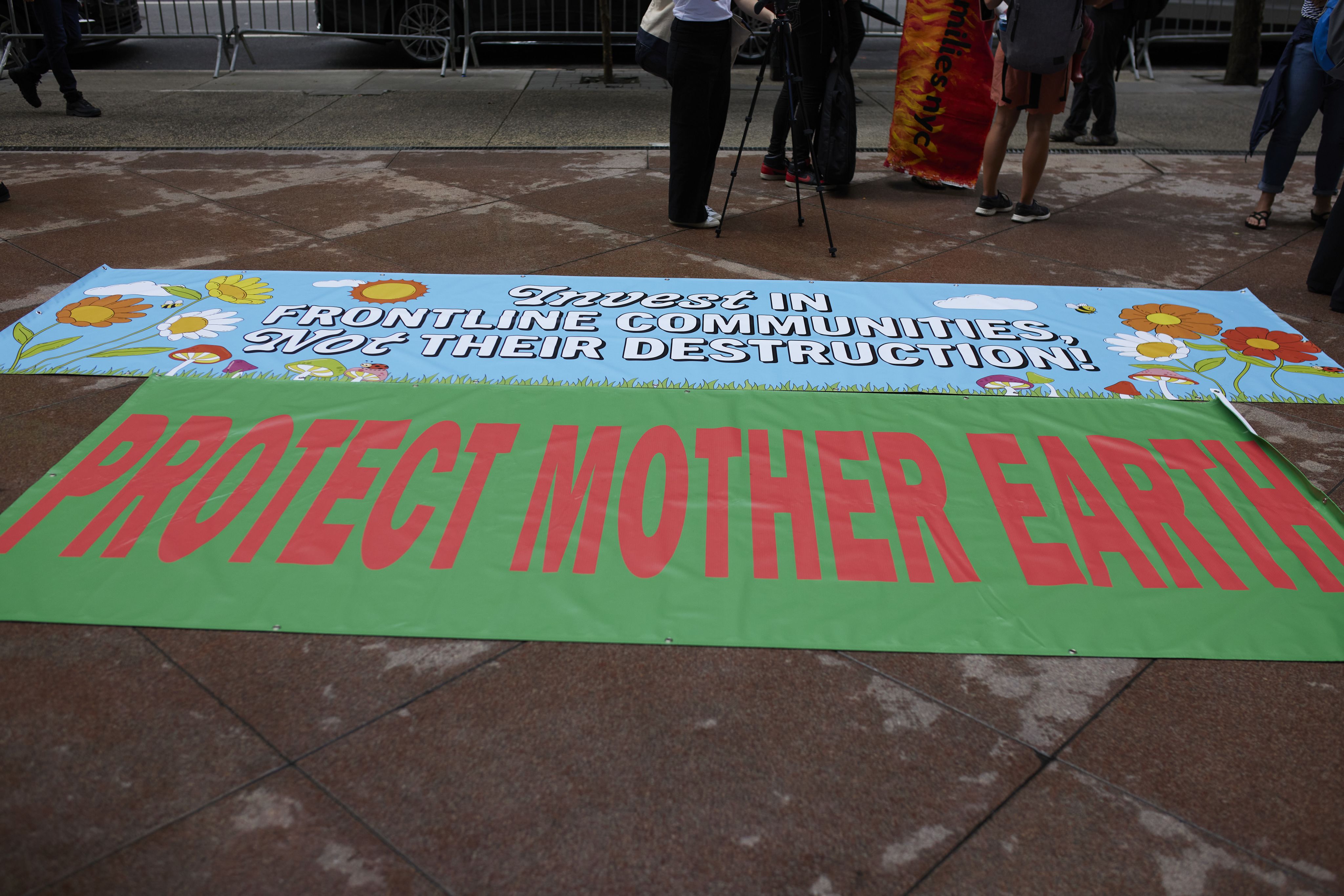
Which actions should humanity take to address the climate crisis?
From my observations, the responsibility falls on everyone, yet not everyone actively supports the solutions. Only a few contribute, and indifference prevails among many. My perspective differs from the prevalent Western approach, which often involves extensive talking, thinking, and writing without substantial action. Instead, the Indigenous approach emphasizes both dialogue and swift action. The solution lies not in merely slowing down but initiating change. We need to focus on the younger generation, starting with children, providing them with a natural, environmental, and life-centered education. Attempting to influence teenagers may prove futile, as they are entrenched in their lifestyles. The elderly, too, may be resistant to change. Patience is key, waiting for time to bring about transformation. This, I believe, is the only viable path forward, the only solution at our disposal.
What significance does the forest hold for you and your community?
The forest, to us, symbolizes life's essence, providing sustenance and resources vital for survival. It epitomizes nature's power, nurturing and sustaining our existence through its abundance. Sadly, Western influences threaten this delicate balance with activities like mining and logging. As the Shuar people, we stand as guardians of life and nature, urging the world to halt its destruction. If humanity persists in its disregard for the planet, perhaps it’s time to pave the way for a new generation respectful of Earth's integrity. Despite the limitations of materialism hindering spiritual connection and empathy, I implore for a collective pause for the greater good, extending my thoughts and love beyond bounds, for the entire world's sake.
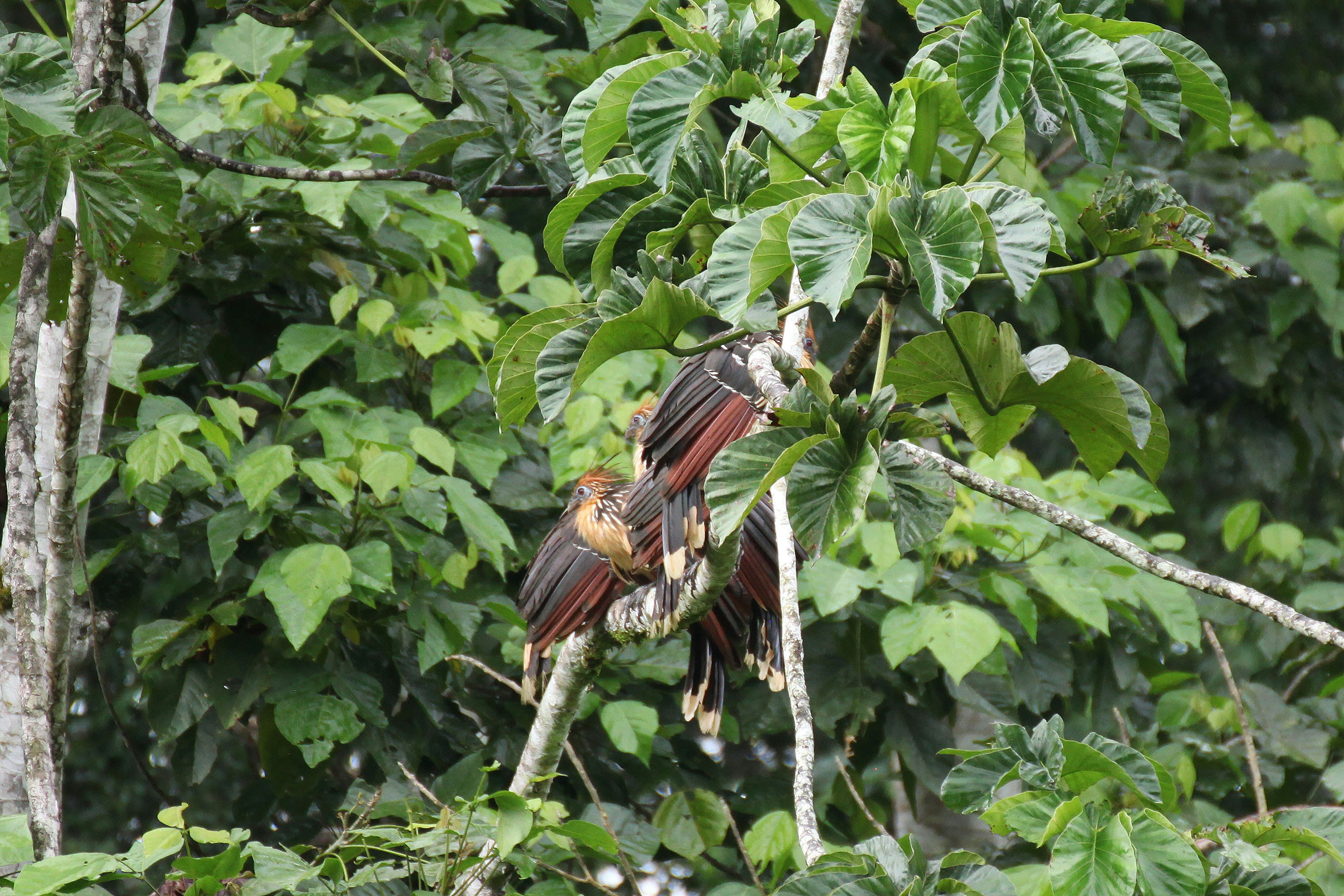
When it comes to the work of protecting the rainforest, continuing education, and utilizing medicinal plants, are there any challenges in your work?
Our way of life is deeply intertwined with nature, with essential teachings passed down from generation to generation. My father, a true representative of our culture, taught us daily principles of respect, hard work, humility, supportiveness, and reciprocity. We're urged to embody humility and simplicity, extending respect not just to fellow humans but also to nature. Yet, human actions often disrupt this harmony, fueled by ego and individualism, endangering the very elements sustaining us. Indigenous communities worldwide stress the importance of respecting nature, our livelihood's source. Guided by my father's teachings, I learned to seek permission even in harvesting medicinal plants, understanding nature's delicate balance. Our ancestors emphasized seeking permission from a divine force that claims ownership over plants and water beings. Reflecting on historical teachings, I propose a single commandment: respect. Universal adherence to respect would naturally foster equilibrium and happiness. Disregard for these principles has led to imbalance and suffering, manifesting in a broader life crisis, including climate crises.
To comprehend is to show respect.
There is a profound disconnection with nature, a loss of life's true meaning. True significance is found in the delicate balance between the spiritual and the physical, acknowledging that man is not solely a physical entity.
Consider the absurdity of war, fought for religion or territory. This madness grips humanity, ignoring the inherent value of the land. It possesses no currency; it has no owner. The land itself doesn't initiate war, yet those without ownership engage in conflicts, killing innocent lives. This is unacceptable, and it's a call for the world to recognize that such actions are no longer sustainable. People seem to have lost the desire to appreciate the precious gift of life.
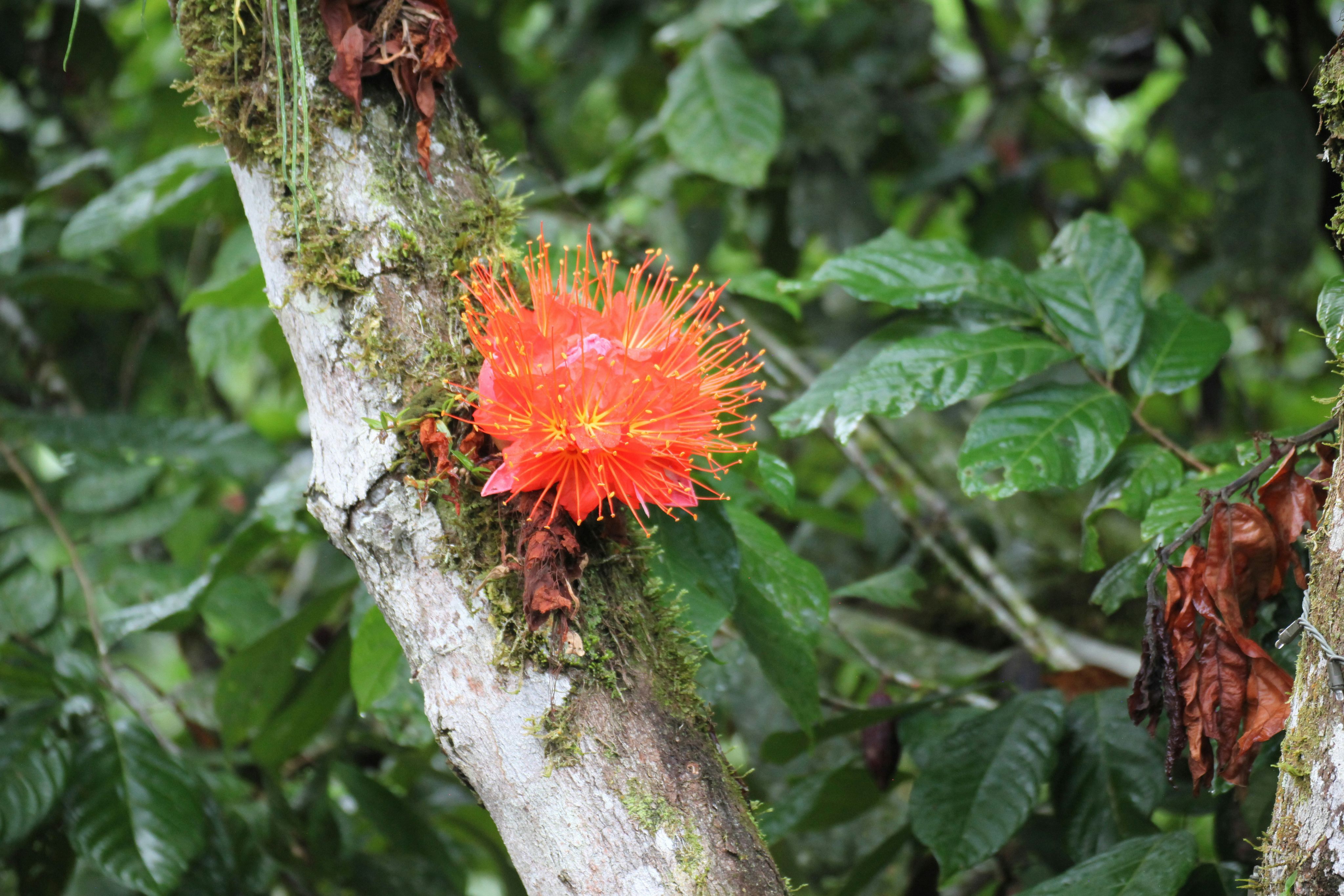
Do you have any advice on how we can restore respect here in the Western world?
Certainly, my approach involves introducing a new way or system of living, a method of reclaiming and reinforcing human values. The key lies in redirecting our focus towards children. To effect real change, we must start with the children since they are the bearers of our future. It becomes our responsibility as parents to nurture and educate them, instilling the human values that may have been lost. By teaching them from an early age what values they should uphold, we can shape a generation that grows with these principles.
Unfortunately, the current trend of exposing children to technology, such as providing them with cell phones at a very young age, hinders their development. This, in my view, is a detriment to the child. I share these thoughts not for my sake but for those who wish to listen. I see my role as fulfilling a mission, providing knowledge, advice, and guidance. I find satisfaction in knowing that I've contributed to my work on this Earth, even though I am not eternal.
Which are your greatest fears?
Personally, fear holds little significance for me. It's a transient step in my journey. As time progresses, there comes a moment when I transition to another dimension, rendering fear inconsequential. Perhaps the concept of fear might have more weight if life extended to, say, 500 years. However, with our time on Earth being limited, there's an imperative to relish and fulfill a mission. Every living being, no matter how small or seemingly insignificant, has a purpose—a mission to fulfill. In my case, I recognize my role as one fulfilling a function during this specific time and space in life. Therefore, fear doesn't resonate with me; instead, it evokes compassion and pity. I feel a sense of sorrow for future generations who will endure more suffering than our current existence might fathom. It's disheartening to think that those who live now may not be concerned, as they won't witness the consequences in 10 or 20 years. However, their actions today contribute to the destruction of life, and it is future generations who will bear the unjust burden, having done nothing wrong.
What makes you hopeful?
My singular hope, as I often emphasize, lies with the children. There is no alternative. Monetary discussions, technological advancements—none of that matters. The responsibility for healing the damage caused by humanity rests solely with humans themselves. Not scientists, not technicians, but each individual. My hope is rooted in the belief that teaching children to tread a virtuous path, nurturing a positive horizon, is the key. It is essential to instill in them the values of caring and respecting, for without these foundations, chaos is inevitable. The consequence might be the ultimate extermination of humanity. The goal is to pave the way for another generation—one that is civilized, educated, disciplined, and understands the significance of caring for life.
Shuar shaman Ricardo Tsakimp in conversation with Nina Kantcheva, Senior Policy Adviser on Indigenous Peoples and Local Communities Engagement at UNDP.
Shuar shaman Ricardo Tsakimp in conversation with Nina Kantcheva, Senior Policy Adviser on Indigenous Peoples and Local Communities Engagement at UNDP.
What would be your message to world leaders?
My message is one of realism. Immediate results are unlikely due to numerous obstacles in the pursuit of solutions. It's not a comprehensive solution but more of an effort to slow down the impending issues, akin to slowing down a disease to extend a patient's life. My frustration lies with international meetings, such as COP, where substantial time and resources are invested, yet tangible outcomes are elusive. The question remains: What results have these meetings produced? Where is the change we anticipate? The endless cycles of discussions seem to only keep us busy without true progress.
My perception suggests that world leaders, instead of convening in luxurious settings, would gain more insight by immersing themselves in the jungle. To sleep in the jungle would allow them to feel the heart of nature, opening up to a different perspective. I acknowledge this suggestion may sound unconventional, but it's an alternative way of understanding the reality of nature. The current lifestyle, with its material comforts and conveniences, shields them from truly grasping the suffering and pain that others experience. Without feeling such distress, true understanding remains elusive.
In essence, I propose a more direct approach to resource utilization in the forest. Instead of solely relying on economic activities that lead to deforestation, explore alternative ways. Engaging in activities like creating seedbeds, involving women and children in preparing and nurturing the land, could contribute to reforestation and sustainable practices. The recurrent international meetings, such as COP, have failed to provide satisfactory answers to these issues, leading me to lose hope.
I believe that life itself is a school, and individuals behave the way they do because they live without acknowledging the teachings of this natural university. My own journey, guided by the elements of nature and higher spirits, has been a true education, not found in books or institutions. This is why I am not afraid to speak, as I have gained a holistic understanding and learned the importance of respect.
My life's journey has been a source of fulfillment, as I have succeeded in sharing my words and feelings with the world. Even if my reflections prompt just a moment of contemplation, it would be a meaningful contribution. There's much to discuss in the face of escalating temperatures, expanding asphalt, and the imminent challenges that our environment faces. As the earth warms, the very ground we stand on reaches a critical temperature that may not sustain its internal heat. This triggers a cascade of effects, from passive to active volcanoes emerging on the surface, both on land and beneath the ocean. It's truly remarkable, and it underscores a fundamental truth – everything has a limit.
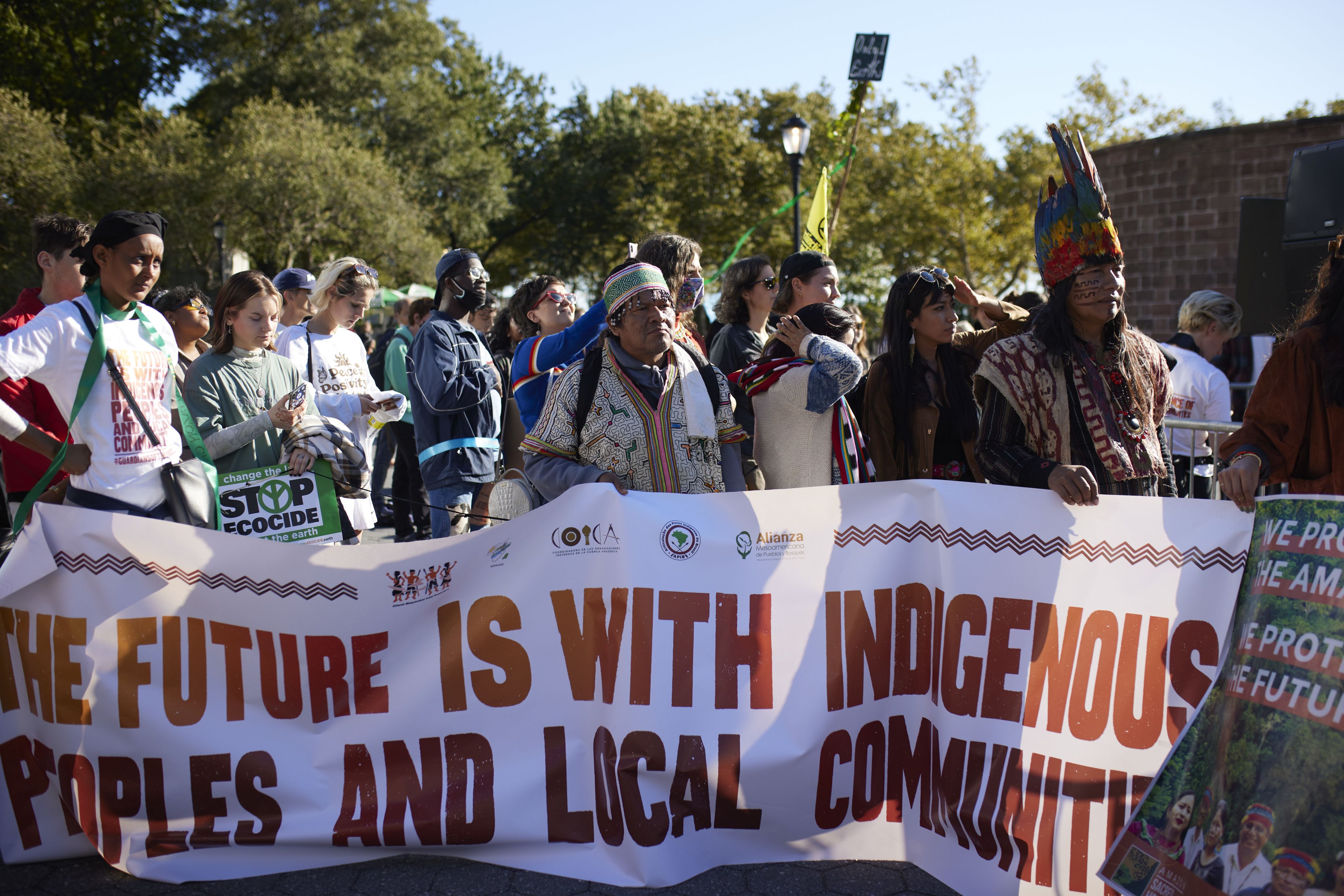
This interview was recorded by UNDP Climate & Forests, with support from the UN-REDD Programme, in September 2022 during Climate Week in New York City.
UNDP Climate & Forests systematically promotes social equity, including the rights, knowledge, and inclusion of Indigenous Peoples and local communities, to ensure forest solutions to climate change contribute meaningfully to delivering on the NDCs and advancing the SDGs.
The views expressed in this interview are solely those of the interviewee and do not necessarily reflect the official policies or positions of UNDP.
Photo copyright: UNDP / Colin Morvan, others as indicated
Interview: Nina Kantcheva, UNDP Climate and Forests
Text editing, visual layout, translation: Roxana Auhagen, UNDP Climate and Forests
